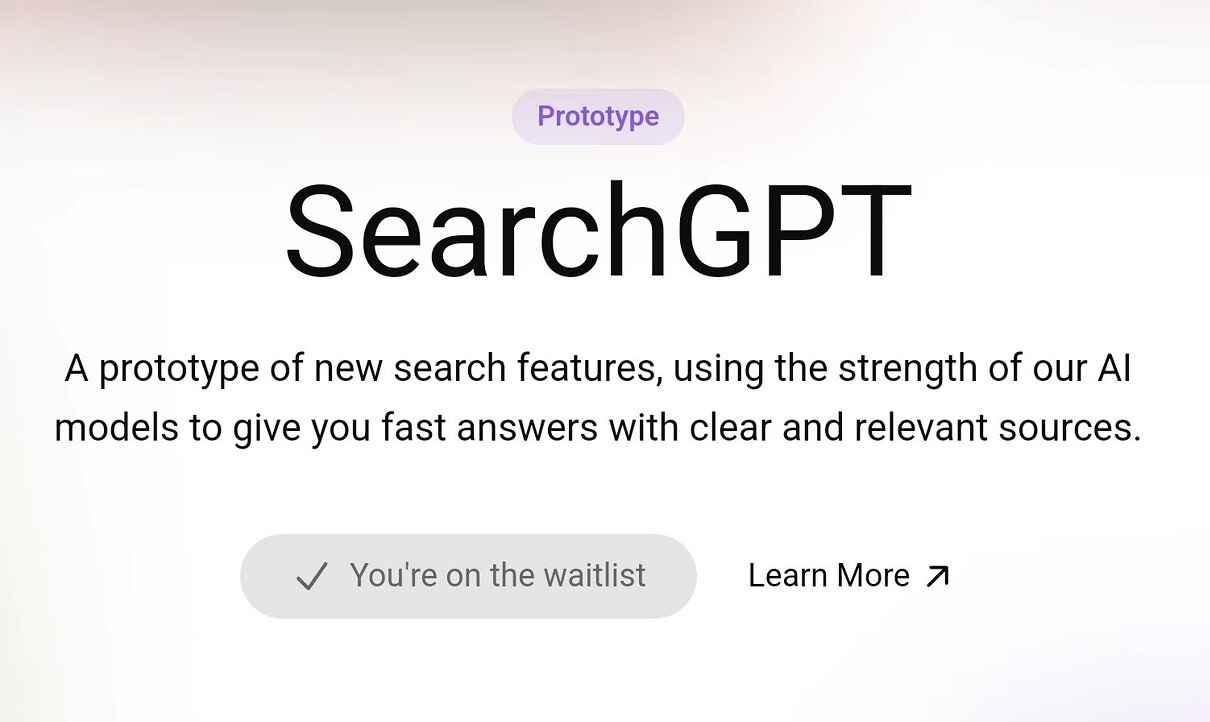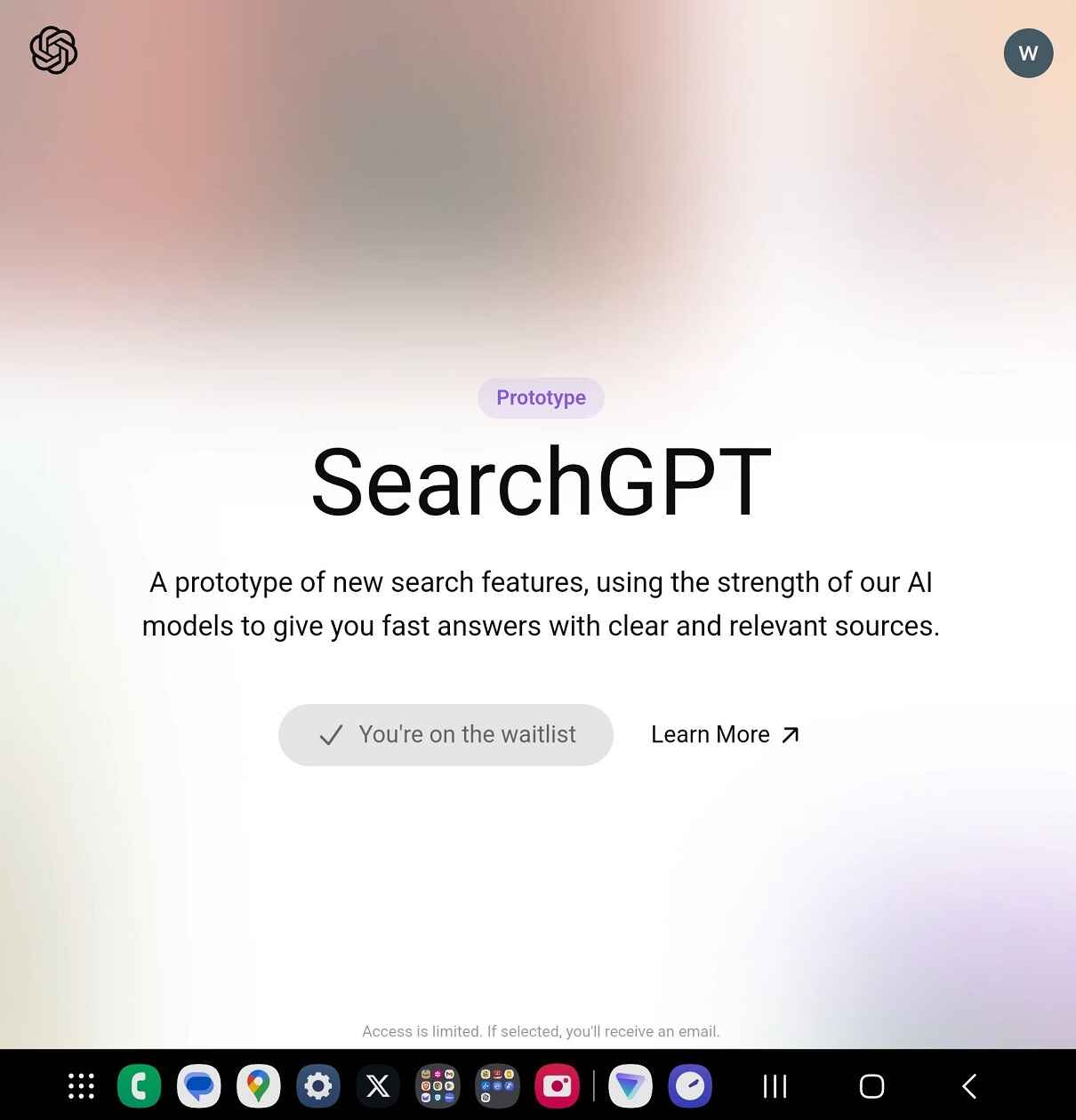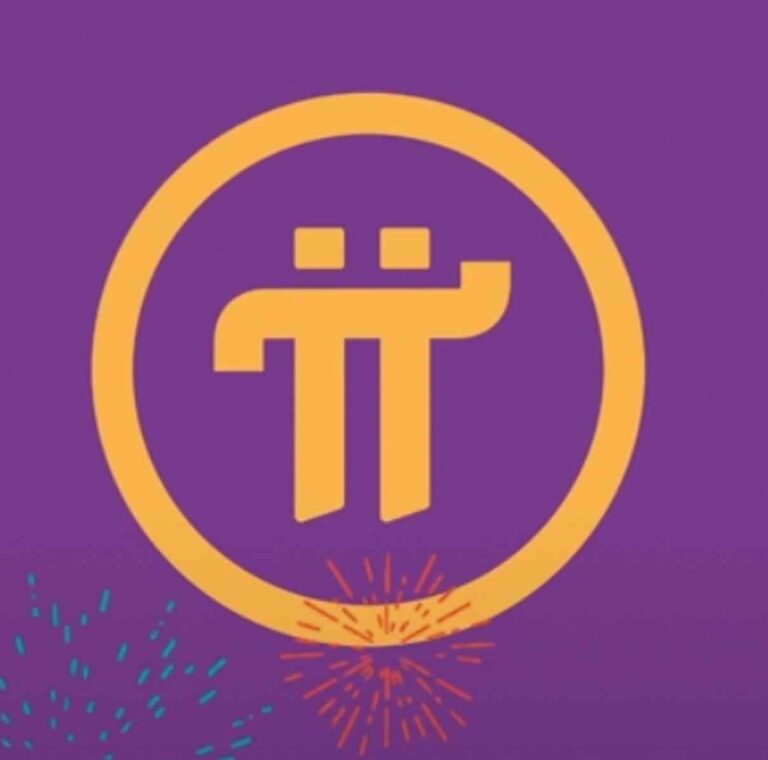SearchGPT Review: AI Search Experience from OpenAI
AI Tools/Reviews: With SearchGPT by OpenAI, you’ll get fast, relevant answers from a temporary prototype of new AI search features. Finally an attempt to catch up with Perplexity.
How SearchGPT works
It uses the language model of OpenAI. Thus, it is more intuitive than other search results. You can state your questions, and it gives you an answer in just a minute’s time, ready for you to understand.
- Real-time Information: Fresh data is downloaded from the web. You get the latest information available.
- It does not just answer your queries but also makes sure that the answers given include links to reputable sources.
It allows you to ask follow-up questions in a manner that could sound like a normal conversation rather than some of the other keyword-asking search engines that one has to refine every time.

Key Features of SearchGPT
- Visual Answers: Unlike other search engines, SearchGPT does not limit itself to text. It produces images and videos that will help in enhancing the richness and depth of its answers.
- Cleaner, Simpler Answer: Instead of throwing thousands of links at you, it gives direct answers accompanied by source material for verification.
- Intuitive Search: No keywords to think about. Just ask your question, and this AI tool will figure it out.
- Natural Follow-ups: You’ve got more questions? No problem. You can continue the conversation by digging deeper into a topic.
Advantages of SearchGPT
- Speed: SearchGPT is fast. Not much scrolling through pages of results is needed. It just answers almost instantaneously to what you’re asking.
- Accuracy: Since it bases its information on credible sources, you get reliable answers. It is not just a form of guesswork; it is about finding information on the basis of evidence.
- Ease of use: You don’t need to know special keywords or complex ways to search. Just phrase your question like you are speaking to someone.
- Graphics: Not everything can be explained in words. Sometimes, a picture or even a video does more justice, and SearchGPT realizes that.
Downsides of SearchGPT
While SearchGPT brings a lot of fantastic benefits, there are a few dangers associated with the product also:
- Very limited access can be provided to the service presently. It is a prototype still, and access is restricted so that not everybody can use it now.
- Accuracy: Just as in any other AI model, no promise of perfection can be stated by human standards. It might pull up outdated information or even sometimes less relevant ones.
- Dependency on AI: Not everyone will like the high dependency of AI for the information they require; it is indeed a sifting through of sources themselves.

AI-Driven Search Experience
SearchGPT vs. Traditional search engines
- It really shakes things up when discussing search engines. Here is how it stacks up to the good ol’ classic options like Google or Bing:
- Traditional engines: Plug in a keyword or phrase and get a list of web links. Then you have to click through to find the information that you’re looking for.
- SearchGPT: You can type in a complete question, and instead of links, you get the answer right away, with the option to browse the source.
This makes SearchGPT extremely good for quick answers. It perhaps not quite so good for deep research where you would really want to go over several sources and perspectives.
Key points:
- Quick answers without having to click through multiple links.
- Real-time information extraction from the internet.
- Ability to answer follow-up questions that may be conversational in nature.
- Produces visual results in images and videos.
- Despite being at its core a prototype, this also extends to restricted access.
- May not bring much depth to information when viewed from multiple sources.
- Might result in more erroneous results based on the knowledge it retrieves.
The future
OpenAI is currently open to feedback from users regarding SearchGPT in its current refinement process. In the future, its best features will be combined with ChatGPT, which has been the most-used AI assistant so far. Meanwhile, it is a tool holding tremendous potential for revolutionizing the way we find and process information.
This is an exciting search with SearchGPT and advances in how we find answers online. It combines for me the conversational capabilities of AI with real-time searching to make it faster and easier for everybody. Of course, it’s very early days for SearchGPT, but the promise seems pretty clearly toward simpler, smarter searching.
Continuing to develop and incorporating feedback, SearchGPT may one day be the first and foremost tool for anyone seeking fast, reliable information access in a natural and intuitive way. Initiatives like SearchGPT develop OpenAI’s vision of how search is going to work in the future.
Author’s Note:
Providing clear references and sources for predictions made is a step towards both explainability and reproducibility. A good step forward in the evolution of LLMs. It could undermine Google’s dominance in search by offering an alternative that integrates AI capabilities with user feedback, potentially disrupting the established search engine market.
But we all know AI algorithms favor certain types of content over others, meaning more regulatory scrutiny, data privacy issues, misinformation, and the potential for AI to reinforce biases. Stealing content and traffic from small/medium publishers is not OK.
It was inevitable that OpenAI would go in this direction, steering us into a new AI-driven SEO market. This means rethinking our approach to website preparation for this evolving search landscape. It’ll be interesting to see how it all unfolds.
And let’s be real, Google isn’t going anywhere soon—there’s still a big crowd skeptical of AI and resistant to change.






